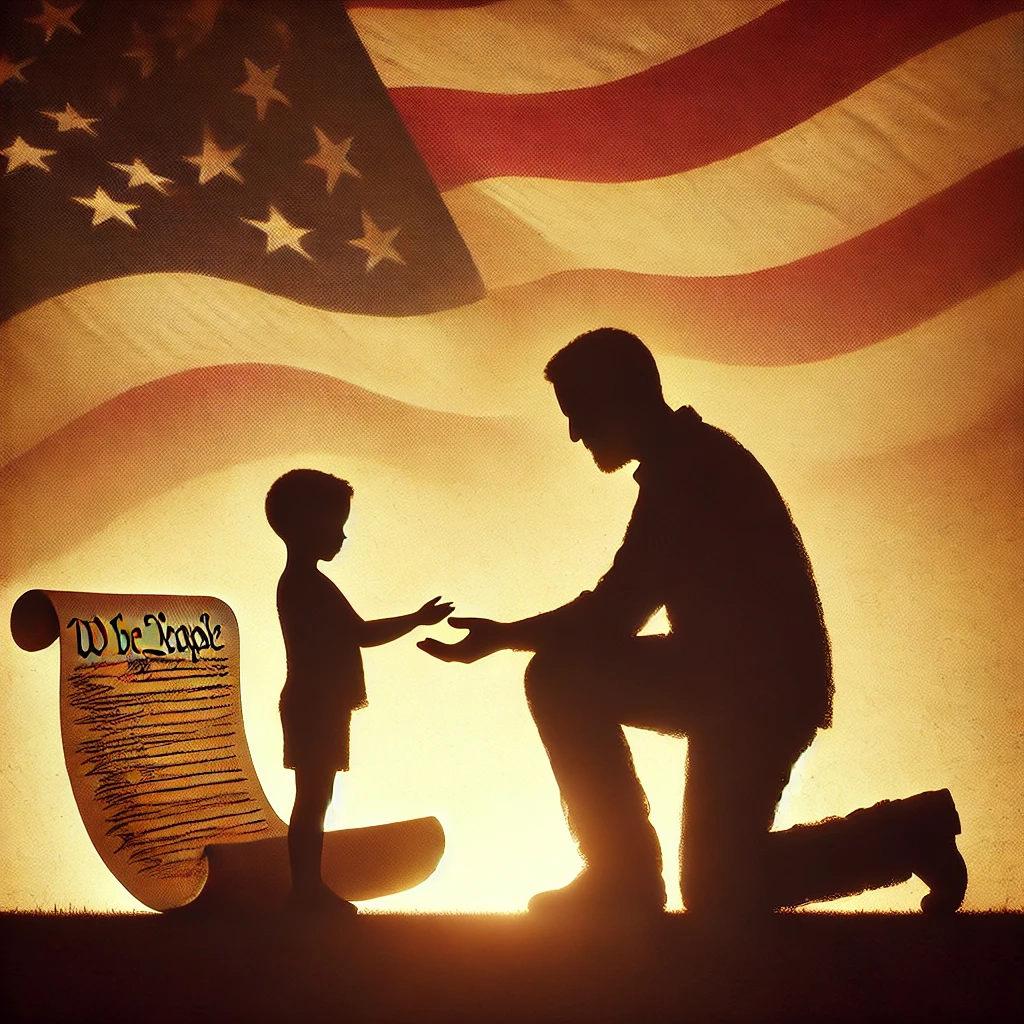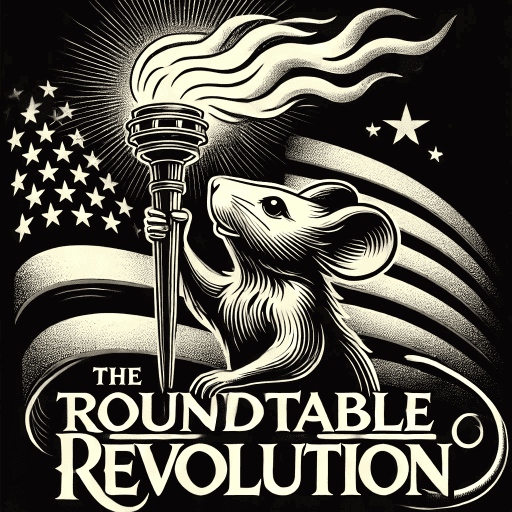
Maturity of a Nation: Growing Beyond Juvenile Governance
When we were kids on the playground, we learned a lot about freedom—at least, we thought we did. Someone would yell, “You can’t do that!” and the inevitable response would come: “It’s a free country!” It was the ultimate way to end any argument. But what we didn’t realize back then is that freedom isn’t just about what we can do—it’s also about what we should do.
In those same moments, we also showed how literalism could twist meaning. “Just give me a second,” an adult might say, and we’d immediately count: “One… okay, it’s been a second!” We’d follow the words to the letter, missing the intent entirely. It was a playful defiance that made sense for children, but now, as adults, it feels like that same mentality has crept into how we approach something as profound as the Constitution.
“It’s a free country” has become an excuse for individualism without accountability. The letter of the law is often used to dodge its spirit. And much like the chaos of an unsupervised playground, our understanding of rights without responsibilities has created dysfunction in a system meant to protect and uplift us all.
The Constitution was never meant to be a free pass for self-interest. It was designed as a framework for a functioning society—a delicate balance of rights and responsibilities that empower the individual while safeguarding the collective. But somewhere along the way, we’ve leaned too far into one side of the equation. We’ve clung to the idea of rights as entitlements without embracing the responsibilities that make those rights possible.
Think about the playground again. Without any rules—without shared responsibilities—there’s no freedom. Chaos reigns. A game can’t be played if everyone’s arguing about the rules or ignoring them entirely. A swing set becomes a battleground. The very freedom that we cherish dissolves into frustration, inequality, and ultimately, failure.
Now take that idea and scale it up to a nation of 330 million people. The Constitution isn’t just a list of rights; it’s the instruction manual for how we live and work together. It gives us the tools to create a society where everyone has a shot—not just to demand their rights, but to fulfill their responsibilities. But it only works if we approach it like adults, not like children clinging to playground logic.
Here’s the truth: the Constitution isn’t fragile, but our interpretation of it can be. If we focus solely on the literal words without honoring their intent, if we fight only for what we can take instead of what we can give, we’re missing the point. The Founding Fathers didn’t create a document to shield us from one another—they created one to bring us together.
What would it look like if we stepped off the playground and approached our rights with maturity? If we balanced them with the responsibilities that make them meaningful? It’s not about limiting freedom; it’s about enhancing it by ensuring it works for everyone, not just a select few.
The Constitution is a living document—not in the sense that it changes with the whims of the day, but in the sense that its principles are alive, growing, and adapting to meet the needs of a changing nation. Our job is to nurture those principles, not to twist them to serve short-term gains or personal agendas.
So the next time you hear someone shout, “It’s a free country,” ask yourself: What does that freedom mean? What responsibilities come with it? How do we make sure that freedom isn’t just for some, but for all?
Because here’s the thing: the Constitution is more than a set of rules. It’s a promise—a promise that we can create a nation where everyone has a chance to thrive. And that promise isn’t fulfilled by standing still or clinging to playground logic. It’s fulfilled by moving forward together.
Share! Pass it along! That’s how this works! Let it begin!


